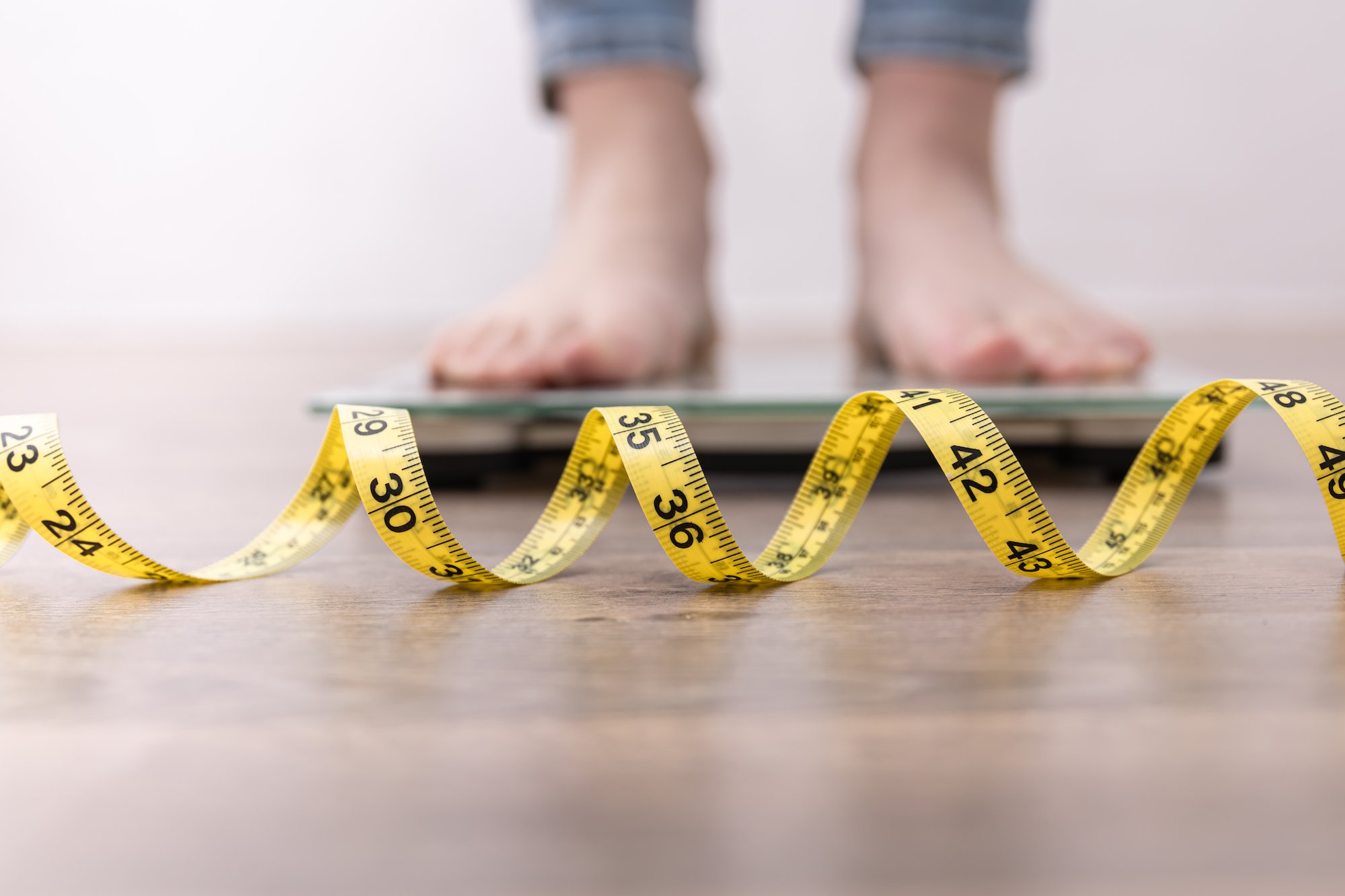I don’t eat anything, why can’t I lose weight?
Weight loss is an enormous challenge. Not only is it difficult to lose weight, but it is even harder to maintain the weight loss. The large number of weight loss diets and weight loss programs is testimony to the difficulty of the problem. If one diet worked, that would be the end of the story.
Being overweight was once viewed as a pure failure of willpower. However it has become clear that the underlying problem is far more complex, so that dieters are battling human biology and programmed behavior. Among the factors that make weight loss difficult are:
Our bodies respond to weight loss by slowing metabolism and increasing hunger.
The biology is complicated and incompletely understood, but our body’s response to dieting is to try to get us back to our prior weight.
We overestimate the number of calories we need.
Online calculators give only a rough estimate and should only be used as an approximation, but you can try using this BMR Calculator
As a rough rule, women over 60 maintain their weight with 1600-2000 calories a day and men with 2000-2600. On average, reducing caloric intake by 500 calories a day should result in ½ to 1 pound of weight loss a week.
We overestimate the calories burned by exercise.
The table below lists the estimated calories burned by a person weighing 125 lbs who exercises for 30 minutes.
The benefits of exercise are also reduced because it is common for exercisers to feel hungry or to reward themselves with a snack or larger meal. The 150 calories lost by a 30 minute walk in the example above is regained by half a typical donut. When exercise alone is the mainstay of a weight loss program, several hours of heavier exercise a week are typically needed.
We underestimate how many calories we are actually eating.
Although the numbers vary, numerous studies have demonstrated that we often underestimate our caloric intake. The reasons include incomplete tracking, underestimating portion and serving sizes, and eating out so that the caloric content is just a guess. In addition, it is believed that it is not just quantity but also quality that matters. Ultra processed foods, such as pastries, energy bars, and sodas are particularly weight gain promoting.


